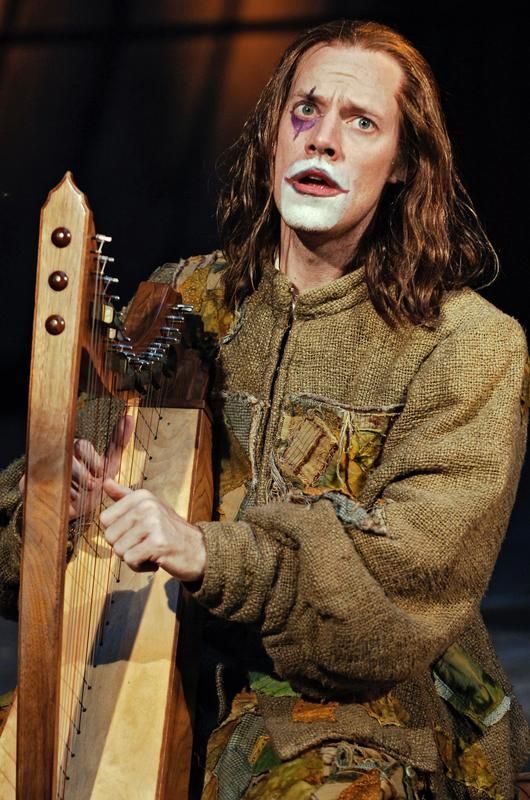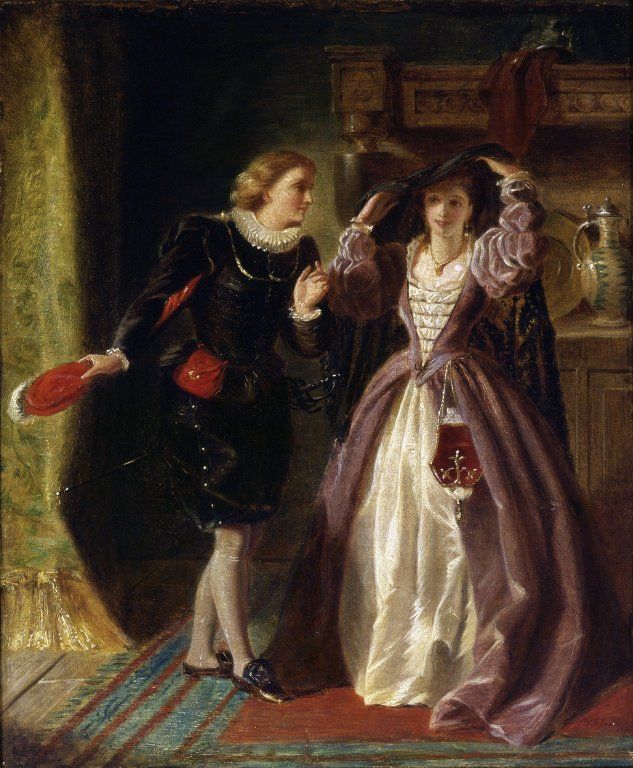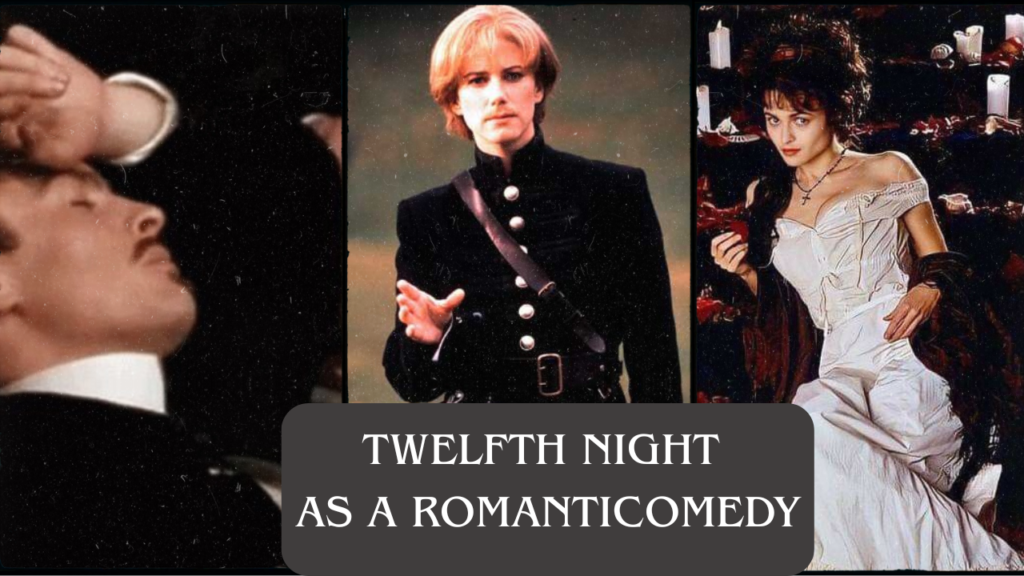Feste, a man who is more than a fool
The Fool is a stock character used by many playwrights, but in Twelfth Night, Shakespeare diverges from the typical jester to create Feste, a man who is more than a fool. He is an individual who resists categorization, existing in some undefined space—outside the frame of Illyria’s world. He enters scenes to observe, interact, and comment on others, but ultimately remains untouched by the play’s happy ending.
What does Geoffrey Bush has to say about Feste?
Geoffrey Bush proposes that the Fool is unaffected by the ending because he is not in progress toward self-discovery. Unlike others who change, the Fool is always himself, living in a state of perpetual stasis. He does not grow or move forward but simply preserves what he is, ignoring a world rushing toward weddings and resolutions.
Feste is bound by his role as a fool. He is defined as a “jester” and a “wit,” whose purpose is to amuse by “corrupter of words.” Yet, this very role grants him unusual freedom: he can use his wit to reveal that others—not he—are the real fools. Still, these freedoms isolate him, making him neither fully part of the noble class nor the servants. As a “professional entertainer” and “hired wit,” he stands apart from Orsino and Olivia, as well as from Maria or Malvolio.

Feste’s shrewdness
Feste’s shrewdness allows him to see truths more clearly than almost anyone in the play, except Viola. But his intelligence is also crippling, for he can only speak through the riddles and songs of the Fool. If he were to speak plainly, he would be condemned. Thus, his role is both his strength and his cage. He is perhaps the wisest character in Twelfth Night, with mastery of song, music, and language, yet forced to appear ridiculous in his fool’s garb.
There is more to Feste than jesting, but that is all most people see. He reveals little of himself, yet carries an air of world-weariness, as though he knows more of life than anyone else. Unlike others absorbed in love and games, he appears worn down by deeper knowledge. His exchange with Malvolio demonstrates this—when Malvolio mocks him as a “barren rascal,” Feste retaliates with sharp wit, exposing Malvolio’s own emptiness.

Feste is left isolated
In the end, when order is restored, Feste is left isolated. Olivia departs with Sebastian, Orsino with Viola, and even the secondary characters move into resolution. Feste, however, stands alone on stage. This is symbolic: he belongs neither fully with lovers nor with servants. He hovers between worlds—master and servant, celibacy and matrimony—belonging to both but to neither.
Feste a complex character by Shakespeare
Shakespeare could easily have written Feste as a one-dimensional fool, all riddles, cap, and scepter. Instead, he created a complex character who reflects the multiplicity of humanity. Feste’s melancholy, wit, and insight make him recognizable and real—someone the audience sees mirrored in life. Despite loneliness and awareness, he still smiles for his mistress and sings for others, embodying both wisdom and weariness.
Ultimately, Feste is one of life’s “privileged spirits” in the mystery of things: a fool who knows too much, laughs too wisely, and stands apart from the world’s fleeting joys.


